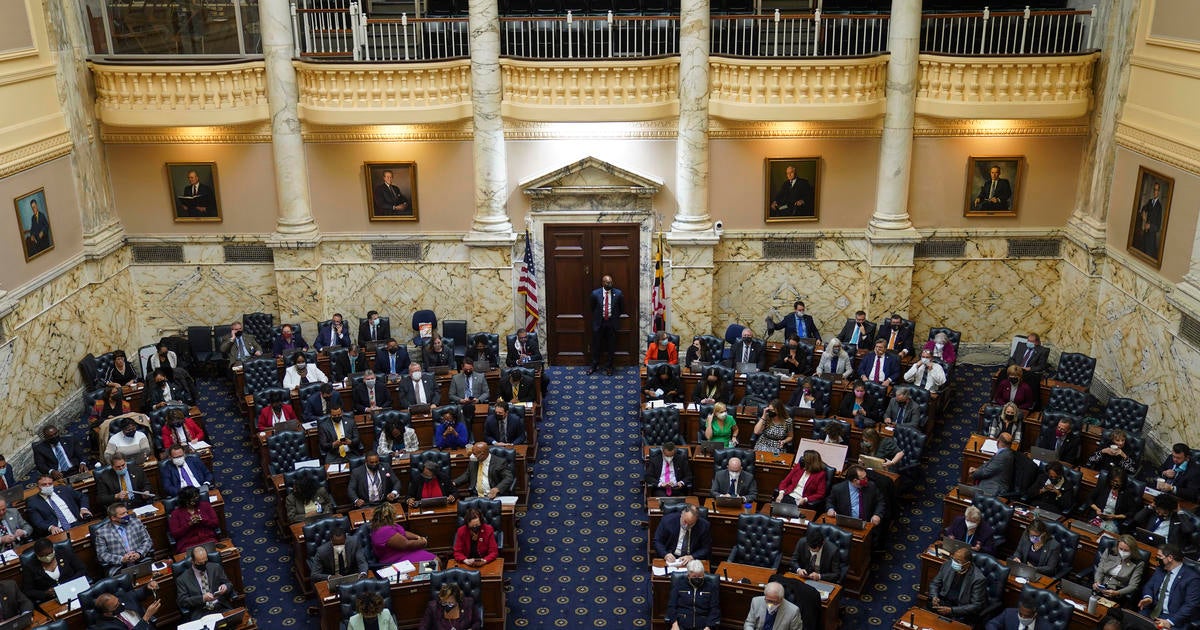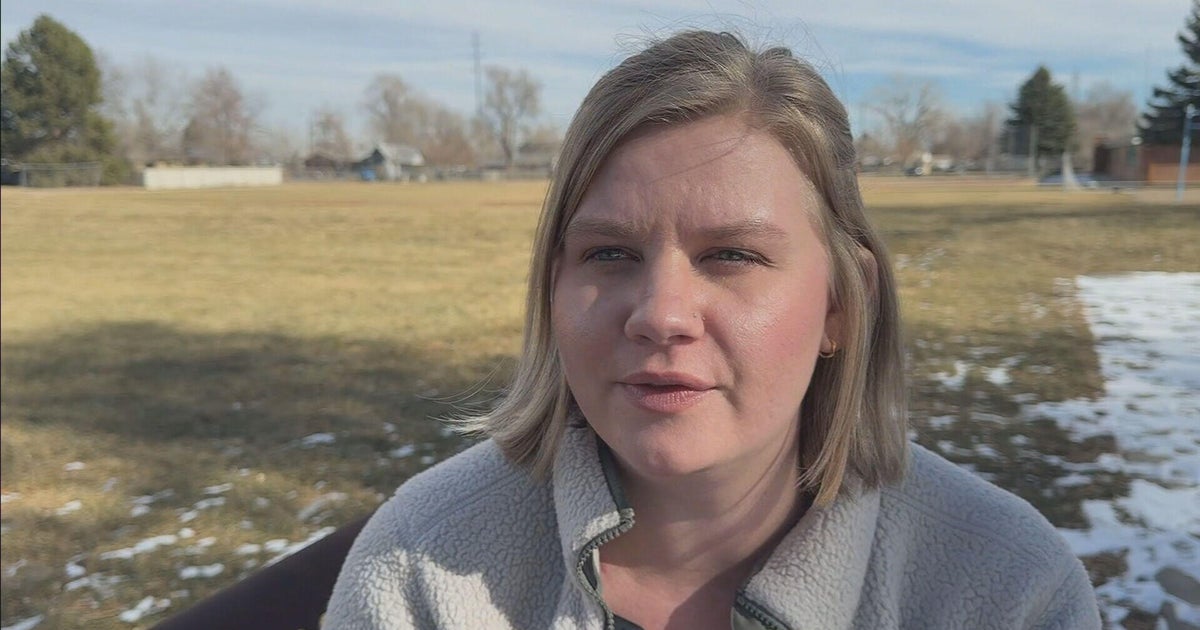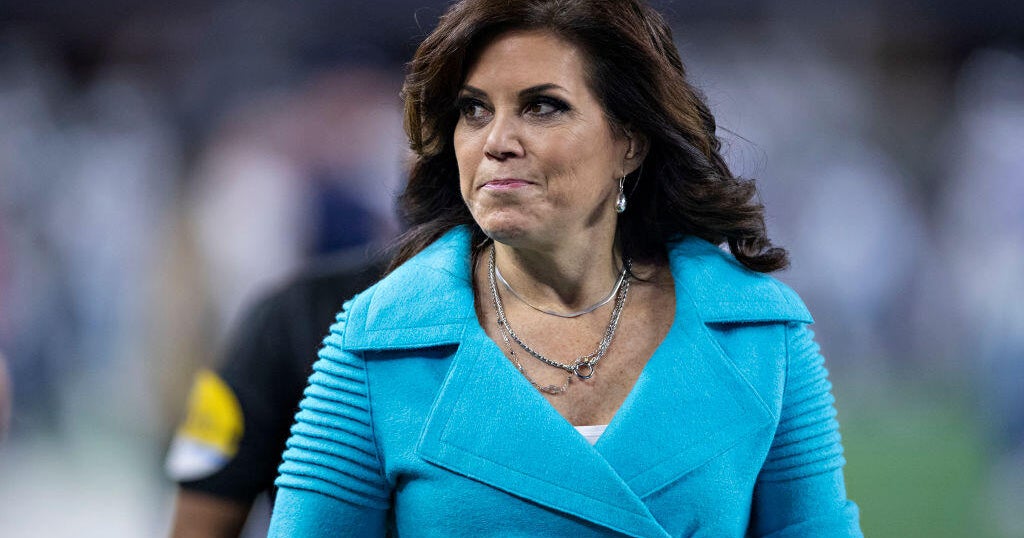Political Fight Begins In U.S. Senate Over Superstorm Sandy Aid Package
WASHINGTON (CBSNewYork/AP) -- Democrats in the U.S. Senate on Monday began trying to push the $60.4 billion emergency spending plan for Superstorm Sandy victims through Congress by Christmas.
But Republicans replied – not so fast.
President Barack Obama earlier this month asked for the aid package to be earmarked for the Tri-State Area, but the final decision has to come from Congress.
The figure is less than the $83 billion New Jersey Gov. Chris Christie initially sought from Obama in extra disaster aid for his state plus New York and Connecticut. But Christie and New York Gov. Andrew Cuomo both expressed satisfaction with the package when it was announced.
The Senate opened debate on the aid measure seven weeks after the storm swept up the East Coast, causing extensive damage in New York, New Jersey and Connecticut and killing more than 120 people.
Several Republicans said they are sympathetic to Sandy victims, but they favor a smaller aid package for the moment and suggest cutting other federal programs to pay for parts of it. They say some measures in the bill -- including money for salmon fisheries in Alaska, new government cars and an Amtrak expansion project -- smack more of congressional pork than disaster aid.
The Club for Growth, an influential conservative group, urged senators to oppose the bill, saying it was overpriced, laden with pork and not paid for.
The bill faces a tough fight with time running short in a lame-duck session of Congress dominated by a standoff in negotiations between the White House and Republican lawmakers over how to avoid the "fiscal cliff." The combination of automatic spending cuts and tax increases will kick in next month unless lawmakers and the president act to stop them. The aid bill ultimately could be wrapped into a broader package as part of the ``fiscal cliff'' talks.
"I hope my colleagues on both sides of the aisle will join in moving quickly to send aid to those affected by Sandy as they continue to recover and rebuild," said Senate Democratic leader Harry Reid (D-Nev.)
Sen. Chuck Schumer, (D-N.Y.), the Senate's No. 3 Democrat, has said he's confident the bill has strong support from Democrats, who have a 53-47 majority, but supporters likely will need several GOP votes for the measure to clear procedural hurdles with the needed 60 votes. Democrats hope to win over New England Republicans and GOP senators from hurricane-prone Southern states.
House GOP leaders have not said how they plan to proceed.
House Appropriations Committee Chairman Hal Rogers of Kentucky has said Congress may want to begin with a smaller aid package for immediate recovery needs and wait until more data can be collected about storm damage before approving additional money next year.
Wary of the bill's large price tag and the rush by Democrats to pass it, Republicans have said they want to see more details about spending.
The bill includes $188 million for an Amtrak project to curb rail bottlenecks in the Northeast. The project was on the table long before Sandy hit in late October, according to an analysis of the bill by the group Taxpayers for Common Sense.
``When you start playing fast and loose with federal coffers, it feeds public cynicism and undermines the real needs in the bill,'' said Stephen Ellis, vice president of the budget watchdog group.
Other proposed spending in the bill, according to Ellis:
• $150 million for the National Oceanic and Atmospheric Administration for fisheries disasters in 2012 not related to Sandy; the money could go to New England states, Alaska, New York and Mississippi.
• $821 million for dredging projects in areas hit by Sandy and other natural disasters.
• $20,000 to buy a new car for the Department of Justice's inspector general.
The Congressional Budget Office has estimated that only about $9 billion of the $60.4 billion, if the entire aid request is approved, would be spent over the next nine months. An additional $12 billion would be spent in 2014. The large infrastructure projects in the bill often take years to complete,
Some Republicans say the CBO numbers undercut the urgency of the aid request.
As with past natural disasters, the bill does not include offsetting spending cuts. Some tea party House Republicans and other fiscal conservatives favor cutting other federal programs to pay for some or all disaster costs.
The head of the Federal Emergency Management Agency, Craig Fugate, recently said the government's disaster relief fund still has $4.8 billion, enough to pay for recovery efforts into early spring.
Do you want to see the package pass as is? Leave your comments below...
(TM and Copyright 2012 CBS Radio Inc. and its relevant subsidiaries. CBS RADIO and EYE Logo TM and Copyright 2012 CBS Broadcasting Inc. Used under license. All Rights Reserved. This material may not be published, broadcast, rewritten, or redistributed. The Associated Press contributed to this report.)







